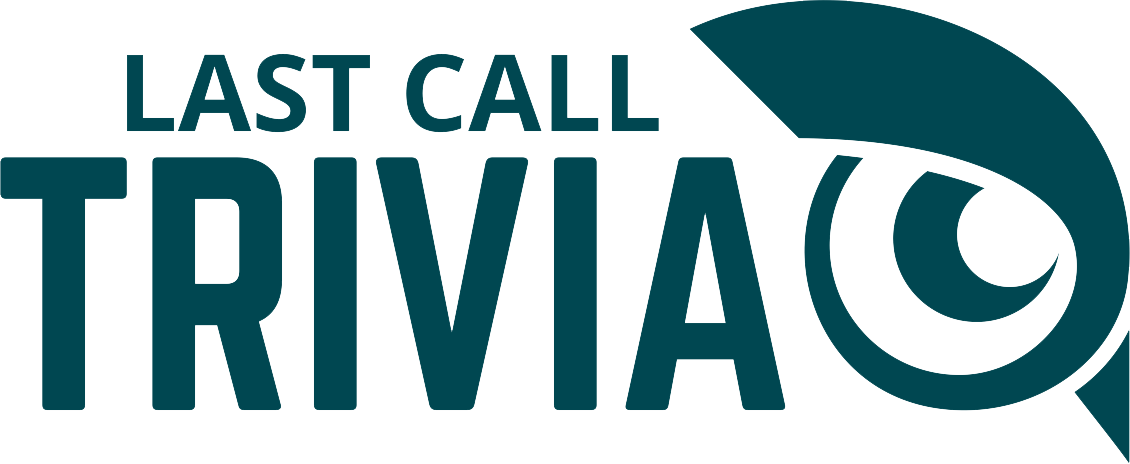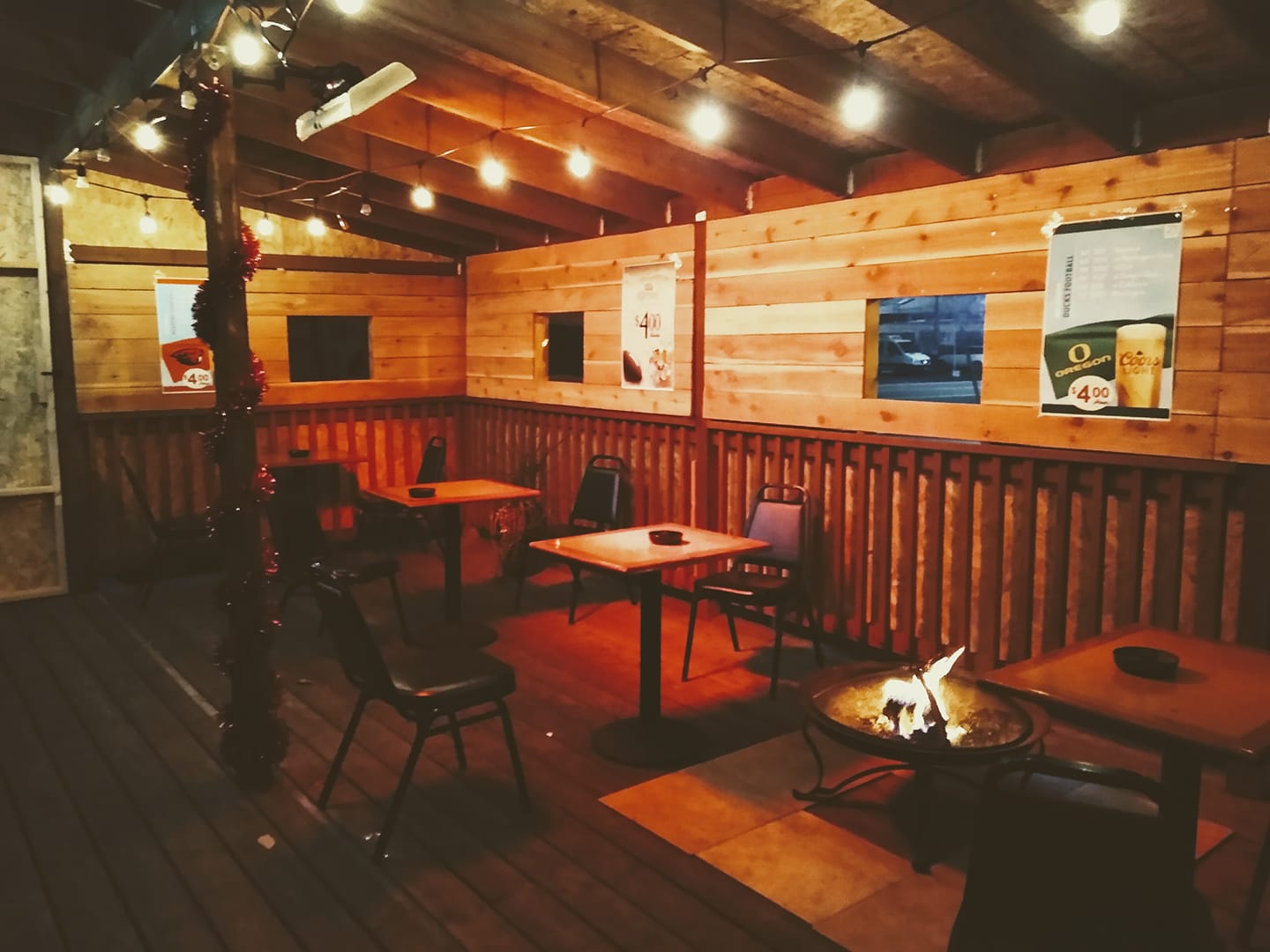
How long does bar Trivia last?
The exact length of the game can vary based on the format and attendance. But on average, it lasts two hours from start to finish. This is the length that you should aim for if you’re running your own show. If a game is too short your bar could miss out on sales, but if it’s too long your players will lose interest.
Does it cost money to play Trivia?
The vast majority of Trivia Nights in the US are free to play. In general, the only time there is a fee is if a cash prize is at stake or if it’s a tournament. Even though most games are free to play, bar owners expect players to buy food and drinks. And, of course, remember to tip your servers!
How many rounds is a bar Trivia Night?
In general your show should have between 5-7 rounds. But, as with the length of the game, the exact number of rounds depends on the format of the game. If a show has less than 5 rounds, then teams will have trouble getting into the flow of the game. Likewise, shows longer than 7 rounds will lead to players feeling burnt out.
How many questions should be on a quiz?
When it comes to Trivia for bars, the sweet spot is between 20-25 questions. It’s important that there are enough questions to create competition and give teams a reason to play. But once the number of questions starts to get too high, it can feel more like a test than a game. Shows that are 20-25 questions long give teams time to socialize, eat food, and buy drinks.
How do I get better at bar Trivia?
There are a few strategies you can use to improve your scores.
First, let’s start with the obvious. Read up on the categories that give you the most trouble. Jared Hall (Jeopardy! champion) says it is more important to prepare for your weaknesses than it is focus on your strengths. But that doesn’t mean that you need to go from ameteur to PhD on the topic. Even basic knowledge can give you the context clues to steer you to the right answer.
Next, let’s look at another way to improve your own game. Memorize common facts that cover several categories of questions. For example, US Presidents. Simple facts such as the years served in office or major accomplishments gives context for answering many types of questions.
Brushing up on your own performance is important, be sure to consider your team as well. Most competitive teams have a diverse set of players with their own “specialties.” If your team has trouble with certain topics, then recruit a player with expertise in those areas. This will round out your collective knowledge base and improve your scores.
What makes a good Trivia question?
Above all, a question needs to be accurate. Nothing derails a game faster than incorrect answers. If you’re writing a question, it should be fact checked against at least three sources to ensure accuracy.
The best Trivia for bars should include context clues to point teams towards the correct answer. If a question is only a few words long, expand it out to open up the ability of teams to debate. Likewise, questions should also not be too long because that’ll lead to confusion.
Avoid niche topics (except for theme shows) since most players will struggle too much.
Writing a good question takes a lot of practice, research, and expertise. Which is why Last Call Trivia is such a valuable service. All questions in Last Call Trivia shows are fact-checked by experts.
What things do I need to run Trivia for bars?
There are several things you’ll need to get started. First and foremost, you will need the show itself. You can write your own questions but creating an entire show from scratch can take hours of work. A quicker and easier option is to subscribe to Last Call Trivia to receive a complete, expertly-written game without having to reinvent the wheel.
Next, you will need someone to host your show. You may already have someone on staff that would be a perfect host. If staffing is tight, hosting is also a popular side gig and you’re likely to get a lot of interest if you post a job offering. Or, you could even choose to host yourself.
You’ll also need sound equipment to ensure that the players can hear the questions.
Lastly, the host will need a laptop to play music and keep score throughout the game.

How do I start a Trivia Night?
The first step is to gather the necessary resources listed above. That is, a host, sound equipment, and a Last Call Trivia subscription.
From there, decide the day and time that you’d like to have your show. This should stay the same from week to week so teams know when to expect. Pick a day that your business is the slowest, so you can enjoy the full benefit of increased sales.
Be sure to promote your upcoming show on social media and with flyers in your venue. This will get the word out about your event and help build a following. Talk up the prizes and any specials that will be offered in your promotions to create a buzz.
How do I run a successful pub quiz?
The key to successful Trivia for bars is in the questions. Above all, they have to be accurate. If you choose to write your own questions, fact check them with at least three sources to ensure accuracy. Or save yourself the time and hassle by subscribing to Last Call Trivia. Having questions that are fun, interesting, and accurate will set you up for success.
Another important element for a successful event is promotion. Post about your show on all your social media accounts. Facebook is the best platform for creating an event which people can RSVP to and receive reminders. If your bar has other social media platforms like Instagram and Twitter, use those for engaging your audience also.
The best shows are also tailored to the preferences of the players. This is why a DIY Trivia Night is such a great opportunity for bars. Listen to feedback from teams and tailor your future shows to their preferences. This will build up the following and loyalty to your event.
You can also add other unique touches that make the show your own. You know your customers best and hosting your own shows gives you the freedom to create the perfect fit.
What makes a good host?
First, a host needs to be comfortable with speaking to an audience. They should also be able to connect with the crowd, matching their energy and style. Another essential quality is the ability to problem-solve. That means, staying calm and professional even when under pressure. Finally, a host has to be reliable because teams expect shows to start and end on time each week.
How can I start hosting Trivia for bars?
Depending on the location, there are a few options for hosting. You can search local job postings to see if any companies are hiring for part time gigs in the area.
Or, if you’re looking for more freedom and a higher profit, you can start your own hosting gig by selling your services to local bars and restaurants. With this option, you have more control over your schedule and location. And it also allows you to make as much as 4 times as much per show, since you keep the entire profit.
How much do hosts get paid?
On average, hosts make $50 per show. This can vary depending on the host’s qualifications. Some people make more money by using their own sound equipment, have many years of experience, etc.
How do I prepare for a Trivia Night?
First, let’s start by covering how players can prepare. Scan the headlines and news from the past few days to jog your memory on any major stories. This can be helpful because shows will often have a question or two about current events. Also, if your show of choice posts any hints or clues, don’t forget to look them up ahead of time.
Now let’s review how a host should prepare. Read over the show ahead of time and look up pronunciations if needed. Print off all materials well ahead of time to avoid any last minute printer issues. I also suggest making a playlist ahead of time so it’s one less thing to think about during the game. And, of course, make sure that you have everything with you before you leave for the show. Speaking of leaving, give yourself enough time to arrive at least 30 minutes before showtime.
And finally, let’s touch on how the bar manager can prep. The number one thing is promoting the show on social media and at the bar. A great way to promote a show is to post reminders on Facebook, Twitter, or Instagram each week. Also, hang posters in the bar and talk up the event to customers throughout the week. Encourage the rest of the bar staff to spread the word as well.
How do I start a Trivia Night fundraiser?
Trivia is a popular fundraising event. By choosing a DIY approach, you can also customize the flow of the game to allow for raffles, auctions, or speeches in between rounds.
To hold the event, you’ll need a venue, a host, sound equipment, and the show itself. Check out our list of pre-made theme shows for a quick and easy option.
There are several options for choosing a host. Some fundraisers offer hosting opportunities to top donors or members of the organization. Others choose to hire a performer or emcee for the job. Some fundraisers even manage to sign on a “celebrity” host (a local news anchor, radio personality, or athlete).
The game can either be the central focus of the fundraiser or a supplemental activity.
Do you have a question that we didn’t cover? Feel free to reach out and let us know what topic you’d like to see next!

